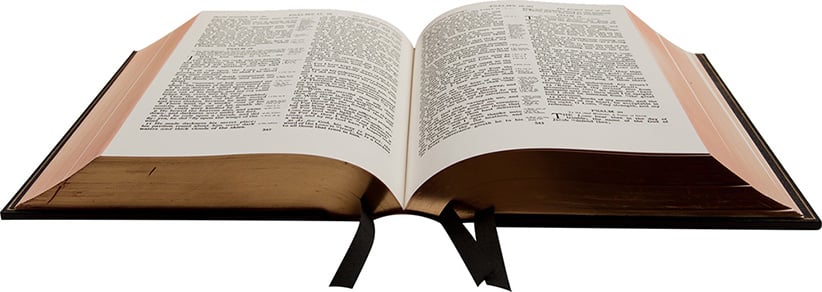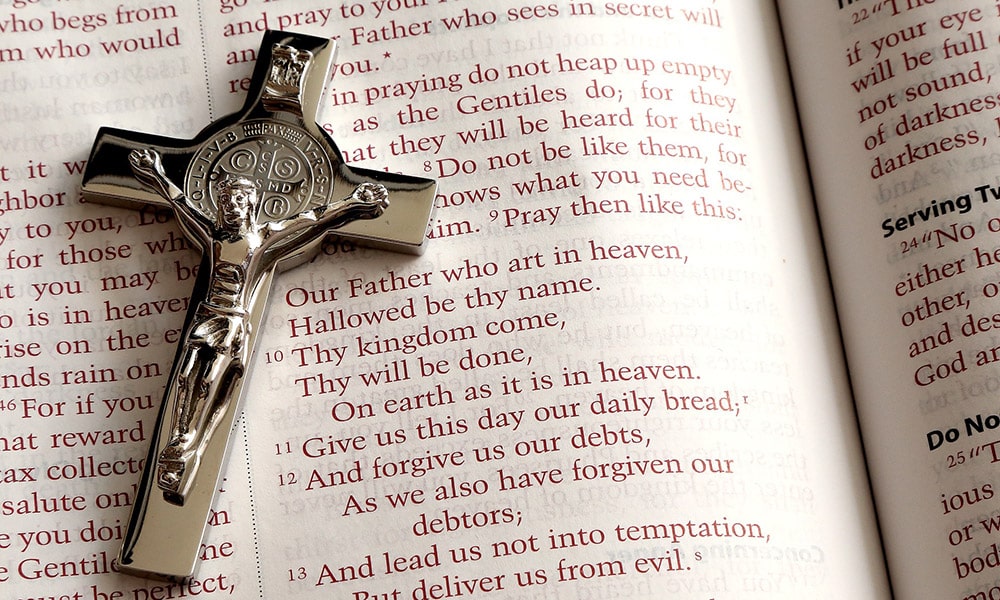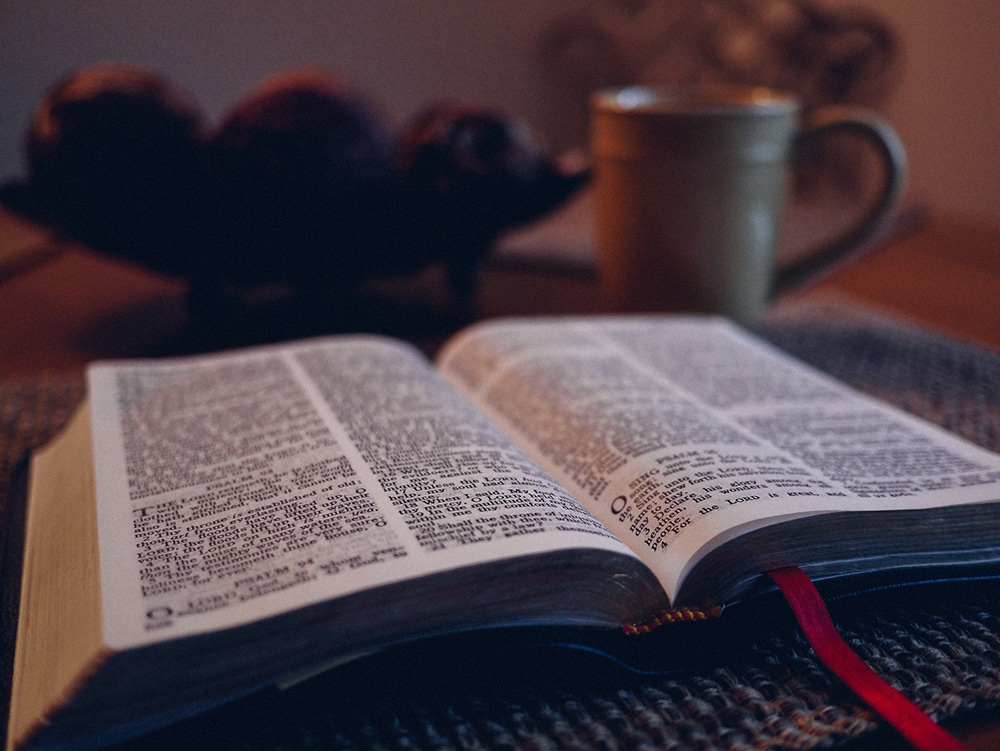Clothing expresses our identity. It shapes how we’re viewed in the public sphere. The man who wears a flannel shirt, puffy vest and large plastic glasses appears as a hipster (whether or not he runs an artisanal cheese shop in Brooklyn). In
Question: God says to St. Paul in 2 Corinthians that whatever his “thorn in the flesh” was, “My grace is sufficient for you, for power is made perfect in weakness” (12:7, 9). And in Romans, St. Paul says: “What I do, I
Across the country, election signs are forgotten. The newest governors, senators, congressmen and women, mayors, and county commissioners will soon take up their offices. As residents of the United States, our elections are endless occasions of hope. If only the right party
Catholicism is a faith that sees the gift of institutions. We open up Catholic schools for the education of children and seminaries for the formation of priests. We develop parish programs and processes for evangelization and catechesis. We engage with the state,
Stinginess is a mark of a fallen world. We’re stingy with goods, refusing to share everything with the poor. We’re stingy with prayer, bypassing divine worship for emailing or meetings. We’re stingy with our time, refusing to share a life of fellowship
As Mel Brooks once said, it’s good to be the king. It’s good to have absolute power. It’s good to know that every eye in the room is attending to your presence, waiting to exchange but a single word with you. At
In Genesis, we discover the reason for the overpowering sorrow caused by divorce: Men and women were made for communion. The Lord creates Adam from the dust of the ground, breathing life in him. Yet, Adam is lonely. God seeks to soothe
Jesus provokes. In the sixth chapter of John’s Gospel, our Lord teaches, “Whoever eats my flesh and drinks my blood has eternal life, and I will raise him on the last day” (Jn 6:54). For us Catholics, this claim may have lost
The crowd doesn’t get it. Hours after Jesus had provided bread from heaven, they murmur to him, “‘What sign can you do, that we may see and believe in you?'” (Jn 6:30). The crowd now gathered around Jesus echoes the grumbling of
Question: In Matthew 5:19, Jesus rails against relaxing or changing even the least of the commandments, and yet verse 19 also says that if one does, “[he] will be called least in the kingdom of heaven.” It seems the consequences should be “losing”





